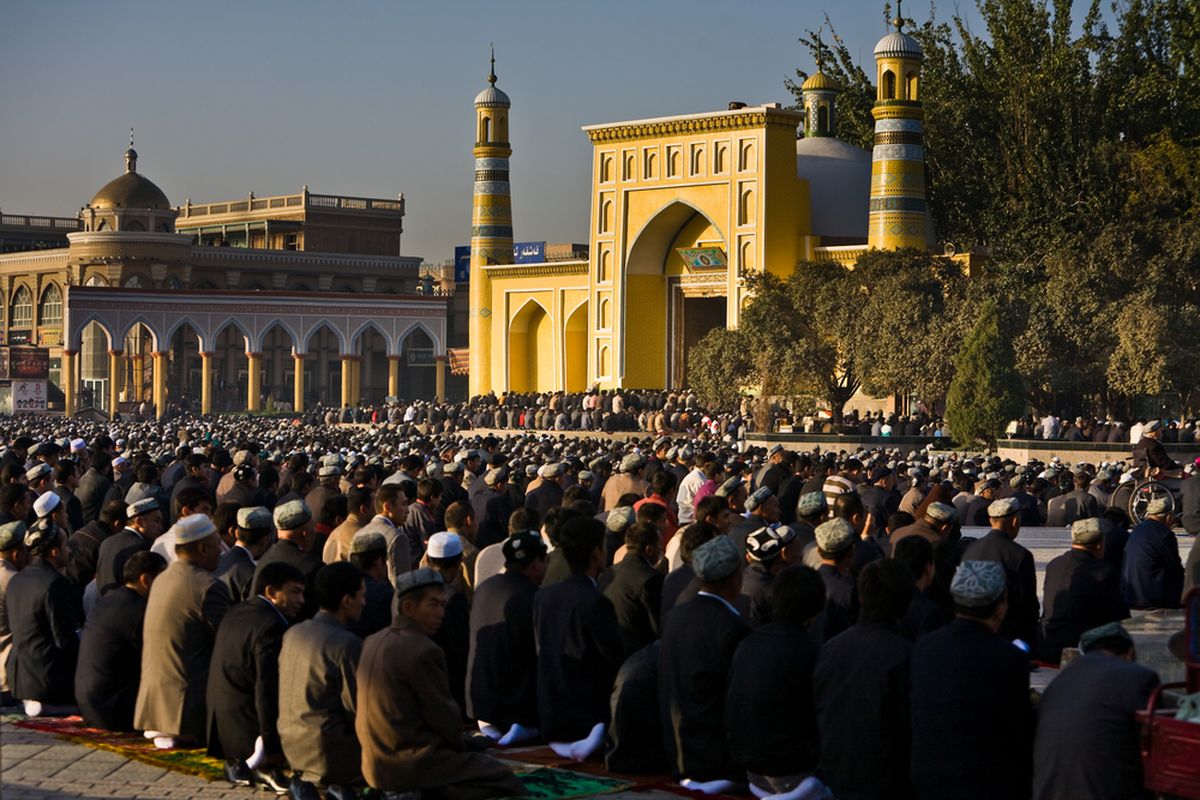Demolished Mosques in Xinjiang Intensify Concerns about China's Human Rights Abuse

China has insisted that residents of Xinjiang enjoy full religious freedom.
Foreign ministry spokesman Wang Wenbin said last week that there were about 24,000 mosques in Xinjiang, a number that per person was "higher than that of many Muslim countries".
Read also: President Jokowi and President Xi Jinping to Bolster Indonesia-China Ties
Friday's report comes a day after ASPI said it had identified a network of detention centers in the region much larger than previous estimates.
China has said its network of camps are vocational training centers, which are necessary for countering poverty and anti-extremism, while Wang said the institute's research on the centers was "seriously questionable".
(Writer & Editor: TJX/ROX/GLE, Agence France-Presse)
Source: http://u.afp.com/3Rt9
Simak breaking news dan berita pilihan kami langsung di ponselmu. Pilih saluran andalanmu akses berita Kompas.com WhatsApp Channel : https://www.whatsapp.com/channel/0029VaFPbedBPzjZrk13HO3D. Pastikan kamu sudah install aplikasi WhatsApp ya.

































